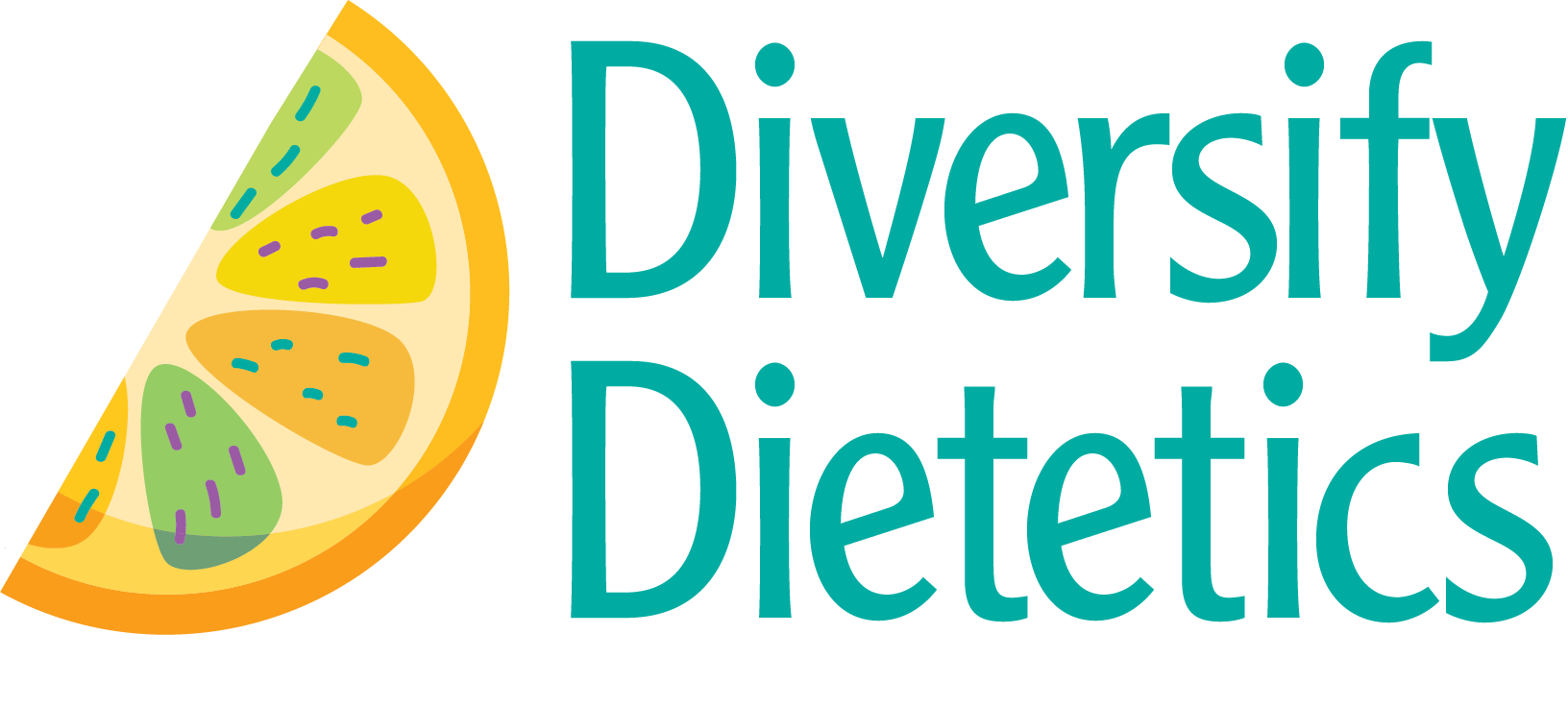RDN Spotlight: Andrew Akhaphong, MS, RD, LD
What is your ethnicity/race? Did your family have any customs related to food? Please describe.
Thai and Laotian. Food was always a social activity for my family. It wasn't just family who joined us for meals, but friends and strangers within our community as well. Everything was shared family-style. We all sat on the floor as we ate. Food was interactive. It could involve cooking your meat right there at the table, or involve wrapping the main dish around a ball of sticky rice or in a lettuce leaf with fresh herbs and a hot sauce called "jeow". Leaving uneaten food on your plate is always recommended; otherwise, you will be encouraged to eat more! In our culture, it is considered of us to be bad hosts if there is no food on your plate.
Where/when did you go to undergrad/dietetic internship/grad school?
Minnesota State University, Mankato - BS Family Consumer Science, 2013
Bluffton University - Individualized Supervised Practice Pathway Dietetic Internship, 2014
Escoffier International Culinary Academy - Certificate in Culinary Arts, 2016
University of Central Arkansas - MS Health Promotion, 2021
Why did you decide to choose nutrition and dietetics as a career?
I am a child of immigrants who spent the majority of their life in refugee camps around Thailand and Laos during the Vietnam War. Food was scarce. Survival is what was important. They did everything they can to get food and clean water, even if it meant fighting friends, family, and strangers over it. I remember my mom telling me how she and her siblings had to go dig for bugs in cow dung while my grandparents gathered coconut for water. I remember seeing pictures of my parents in refugee camps, skin and bones. When they had the opportunity to move to the United States, you can tell in their pictures they gained weight and were healthy. Ever since, food was always about community. My parents, grandparents, my aunts and uncles...everyone was invited for a meal no matter who you were. I did not know what a registered dietitian was at first, but I wanted to be that individual like my family who can bring togetherness and access to food to our community.
What do you do now as an RDN and what does a typical day/week look like for you?
I am the corporate and sole registered dietitian for Mackenthun's Fine Foods, a supermarket chain in Minnesota. My duties and responsibilities as a registered dietitian in the retail environment are quite diverse and not one day is the same. I provide outpatient medical nutrition therapy, grocery store tours, cooking classes, community presentations at schools or nursing homes; I develop nutrition communications and marketing materials for products; lead the Employee Wellness Committee; provide nutrition education through media such as social platforms, television, newspaper, and radio; conduct private label recipe/product development and research; work with the local area food shelves on food accessibility, client education, and food sourcing; the list goes on!
What is/was the biggest challenge for you in becoming a dietitian and how did you overcome that challenge? This can be related to being an RD of color or not just any challenge?
The biggest challenge in becoming a registered dietitian is not only was I the only male in my cohort, but also the only person of color in the program. It was hard trying to relate or apply the information I gained from my education to my own cultural practice. I was lucky enough that my professors and DI preceptors saw the need to have more culturally appropriate practices; They called on me to provide education about my cultural food practices to teach my peers and community providers. Another barrier was having the money to go forward with a dietetic internship. My parents didn't have an education because of moving from refugee camp to refugee camp but were fortunate enough to succeed and graduate high school. They didn't want my brother and me to live a life they did so they worked hard, long hours to make a living for us they wished they had growing up.
Have you had any mentors in your career if yes how have those mentors affected your career/life?
I did not.
Why do you think diversifying this field is important?
Diversifying dietetics is critical; we live in a diverse nation...every nation around the world is becoming more diverse. As nutrition professionals, we cannot deliver one-note information to a community that pertains to another community. It sets people up for failure, misunderstandings, and frustrations about the nutrition care they receive. It is important to adapt to the individual, learn about who they are, and how to make adaptations to that. Ethnic food has always been viewed as unhealthy because in the United States I believe it became that way because of how Americans wanted to take those ethnic foods and adapt it to their preferences. As a Thai and Laotian person, most people think Pad Thai is so heavily saturated with peanut sauce. Pad Thai is not traditionally made with peanut sauce. It is supposed to be light with bouncy chewy noodles, and crispy from the fresh vegetables.
What is a piece of advice you would give a student of color interested in entering the field of dietetics?
Find your voice, be active, make yourself known. This will get people curious and more aware of your perspectives on nutrition practice as a person of color.

